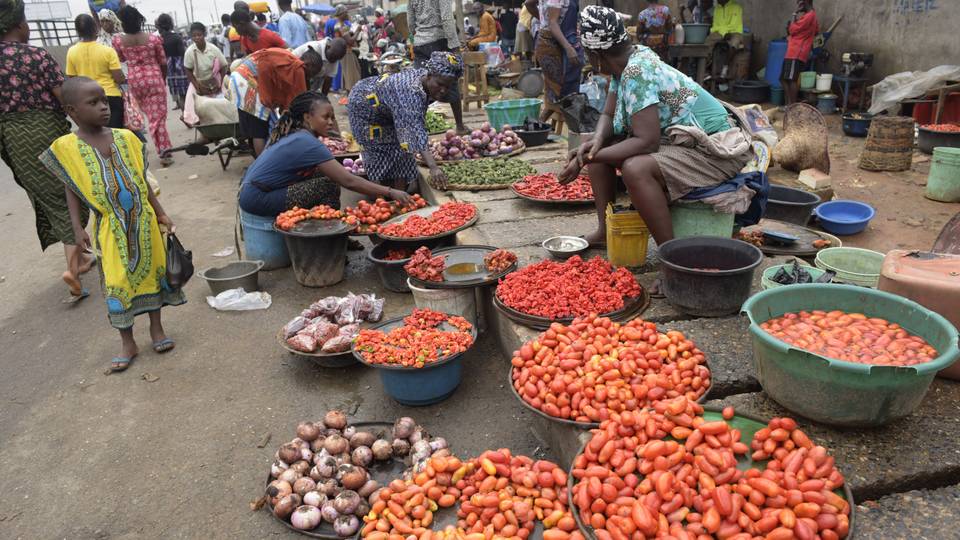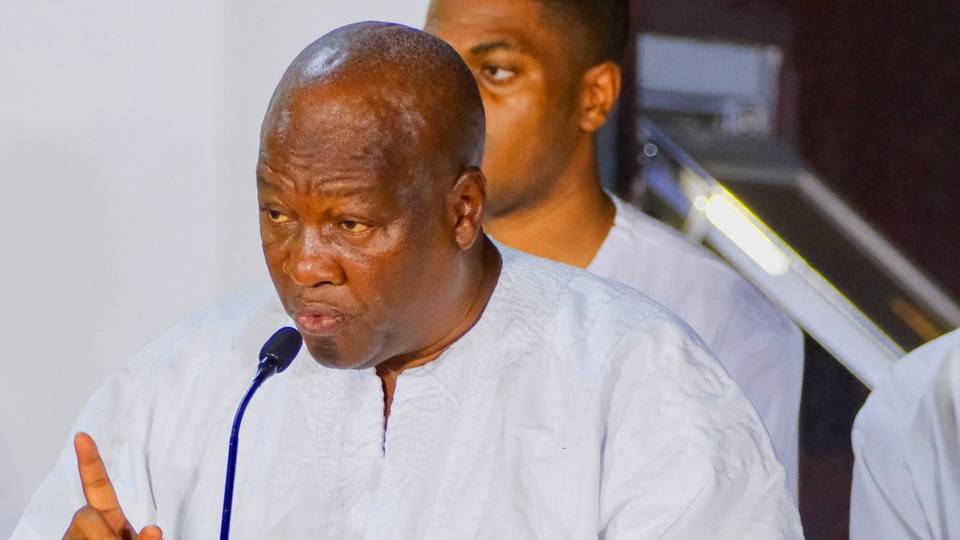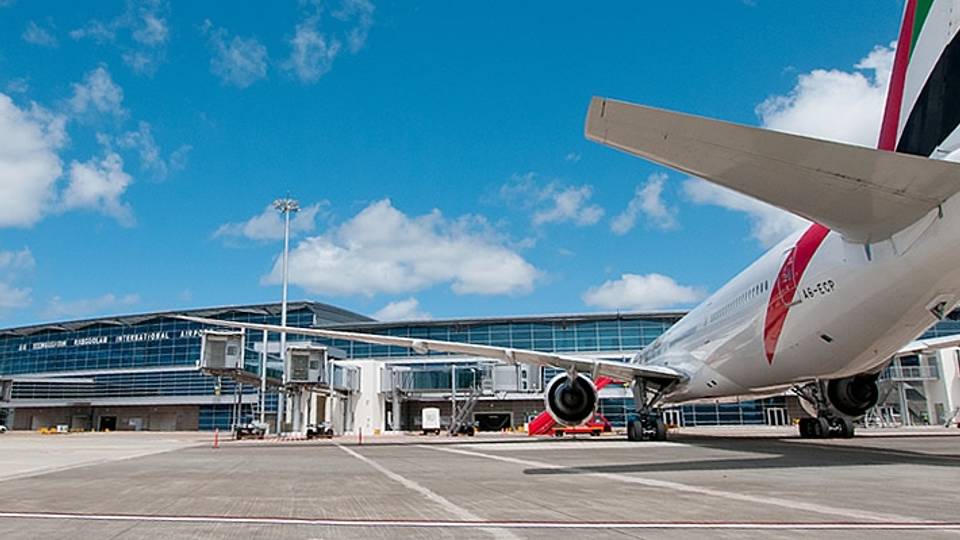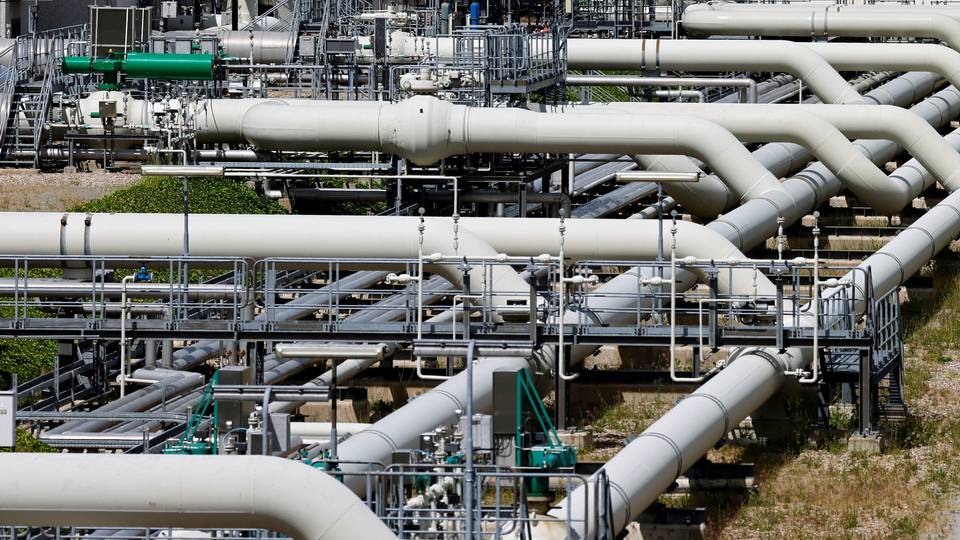Sport
Dollar
38,2552
0.34 %Euro
43,8333
0.15 %Gram Gold
4.076,2000
0.31 %Quarter Gold
6.772,5700
0.78 %Silver
39,9100
0.36 %The growth is expected to remain comfortably above last year's 2.4% thanks to higher private consumption and investment, the World Bank says.

However, growth is expected to remain comfortably above last year's 2.4% thanks to higher private consumption and investment, the bank said on Monday in its latest regional economic outlook report, Africa's Pulse.
"This is still a recovery that is basically in slow gear," Andrew Dabalen, chief economist for the Africa region at the World Bank, told a media briefing.
The report forecast next year's growth at 3.9%, above its previous prediction of 3.8%.
Moderating inflation in many countries will allow policymakers to start lowering elevated lending rates, the report said.
Nigeria, South Africa growth
However, the growth forecasts still face serious risks from armed conflicts and climate events such as droughts, floods and cyclones, it added.
Without the conflict in Sudan, which devastated economic activity and caused starvation and widespread displacement, regional growth in 2024 would have been half a percentage higher and in line with its initial April estimate, the lender said.
Growth in the region's most advanced economy, South Africa, is expected to increase to 1.1% this year and 1.6% in 2025, the report said, from 0.7% last year.
Nigeria is expected to grow at 3.3% this year, rising to 3.6% in 2025, while Kenya, the richest economy in East Africa, is likely to expand by 5% this year, the report said.
The sub-Saharan Africa region grew at a robust annual average of 5.3% in 2000-2014 on the back of a commodity supercycle, but output started flagging when commodity prices crashed. The slowdown was accelerated by the COVID pandemic.
Debt repayment
"Cumulatively, if that were to continue for a long time, it would be catastrophic," Dabalen warned.
Many economies in the region were starved of public and private investments, he said, and a recovery in foreign direct investments that started in 2021 was still tepid.
"The region needs much, much larger levels of investments in order to be able to recover faster... and be able to reduce poverty," he said.
Growth across the region is also hamstrung by high debt service costs in countries like Kenya, which was rocked by deadly protests against tax hikes in June and July.
"There are staggering levels of interest payments," Dabalen said, attributing this to a shift by governments to borrow from financial markets in the last decade and away from the low-priced credit offered by institutions like the World Bank.
➤ Click here to follow our WhatsApp channel for more stories.
Comments
No comments Yet




















Comment